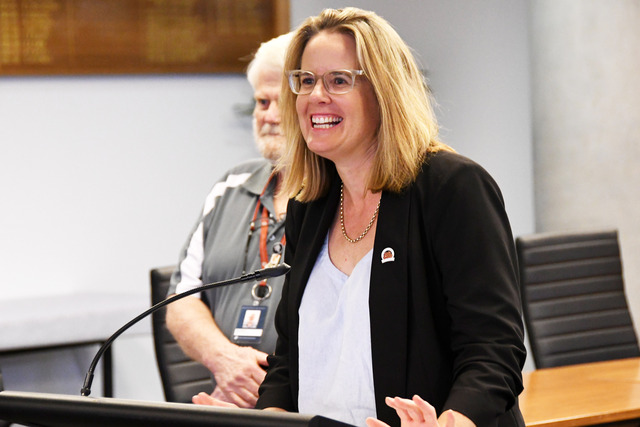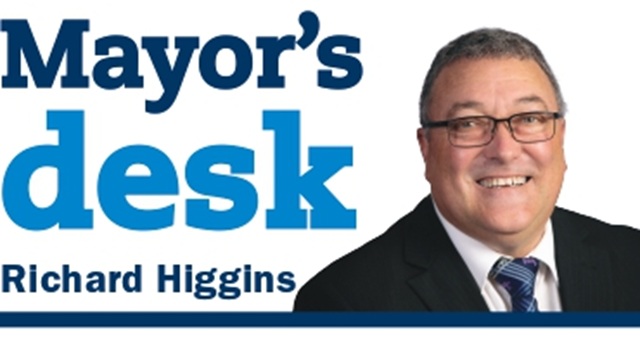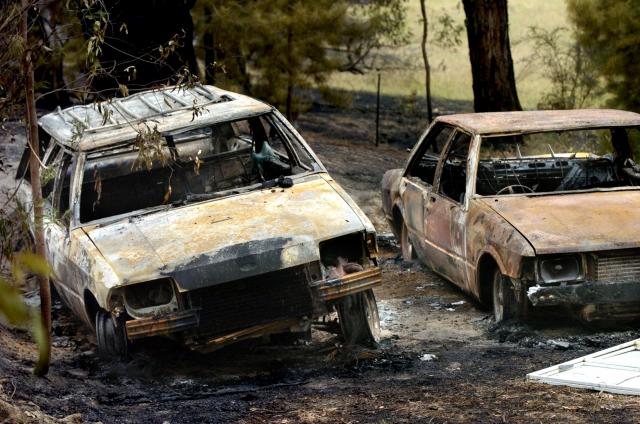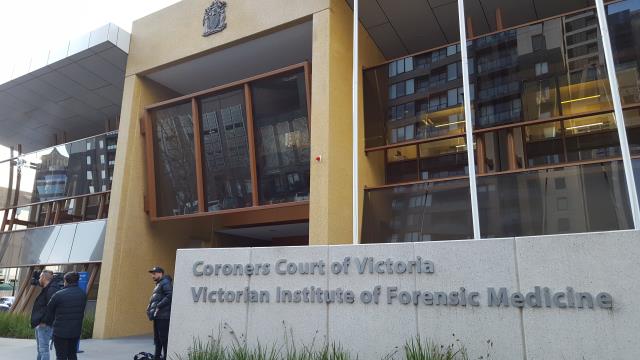Cardinia Shire Council has taken a step forward by unanimously passing a motion urging Victorian Treasurer Jaclyn Symes to repeal the Emergency Services and Volunteers Fund (ESVF) levy.
The motion also calls for removing the Council’s obligation to collect the levy amid growing community backlash.
Deputy Mayor Alanna Pomeroy, who raised the motion at the 21 July meeting, addressed community criticism questioning the council’s timing and inaction.
“I’m aware that there’s plenty of commentary in the community questioning why Council is only now formally moving this position,” she said.
“With some suggesting that writing to the Treasurer is a waste of time or simply grandstanding. Let me be clear, Council has opposed this new levy from day one.”
Cardinia’s initial approach was to work through the Municipal Association of Victoria (MAV), alongside other councils, farmers, fire brigades, and peak bodies, to push for change.
However, Cr Pomeroy admits their advocacy fell short of achieving meaningful reform, prompting the need for a stronger stance.
“We’ve seen adjustments to the primary production rate and some funding to help Councils with the administration burden,” she said.
“But the reality is that advocacy hasn’t driven real reform. Our community continues to face higher costs with very little say and that’s why this motion matters. It sends a stronger, clearer message.”
Cr Ross expressed frustration that councils are “duty-bound” to collect State Government’s tax, which unfairly makes them appear as the “bad guys”.
“Councils are only a function of the State Government. We aren’t in the constitution,” he said.
“State governments have the capacity to amalgamate, to sack councils and we’re basically in set policies and legislation like rate capping.
“It isn’t our tax. They should have to collect it and it only makes us look like the bad guy. So therefore, this council, I know all along, whether or not we signed any petition, has not supported something like this.”
Though there is reluctance across local government to enforce the levy, the motion states they are legally obligated to collect the ESVF unless the State Government repeals the legislation.
“It is important that the Treasurer knows that our community doesn’t support this levy. It is important that our community knows that they will see this charge on their next rates bill and they will need to pay it,” Cr Pomeroy said.
“They can’t just elect to not pay their levy but pay their rates. It will leave their rates in arrears if they do. We will stand with our community.
“We will ensure wraparound support for those doing it tough and we have payment plans and hardship policies that will be available. We will provide clear advice with your rates notice if this isn’t repealed.”
Cr Trudi Paton said the new levy is fundamentally unfair and urged the community to “let that sink in.”
“The new levy will add an extra $610.9 million in year one and that increases by year three up to $765 million,” Cr Paton said.
“That’s over and above the existing $3 billion that it currently collects. Over the three years, they’re collecting an extra $2.14 billion, but they have actually cut the budgets of every emergency service except paying the bureaucrats to do the work for emergency services.”
Mayor Jack Kowarzik has received significant feedback expressing frustration, uncertainty, and anger about the ESVF—particularly regarding its meaning, impact on household budgets, exemptions for inactive volunteers, and how it will operate.
Kowarzik clarified that addressing these concerns is the State Government’s responsibility, not the council’s.
“Councils, including ours, have raised concerns and objections on a number of occasions to the government,” he said.
“We’ve also been clear that it’s the government’s responsibility to come out and address and respond to these concerns with clarity and to give our communities confidence that the funds will actually be distributed back to the communities and services and how that’s going to happen.
“It’s right for our council to call this out and to call on the State Government to engage meaningfully, transparently and most importantly, accountably.”

















